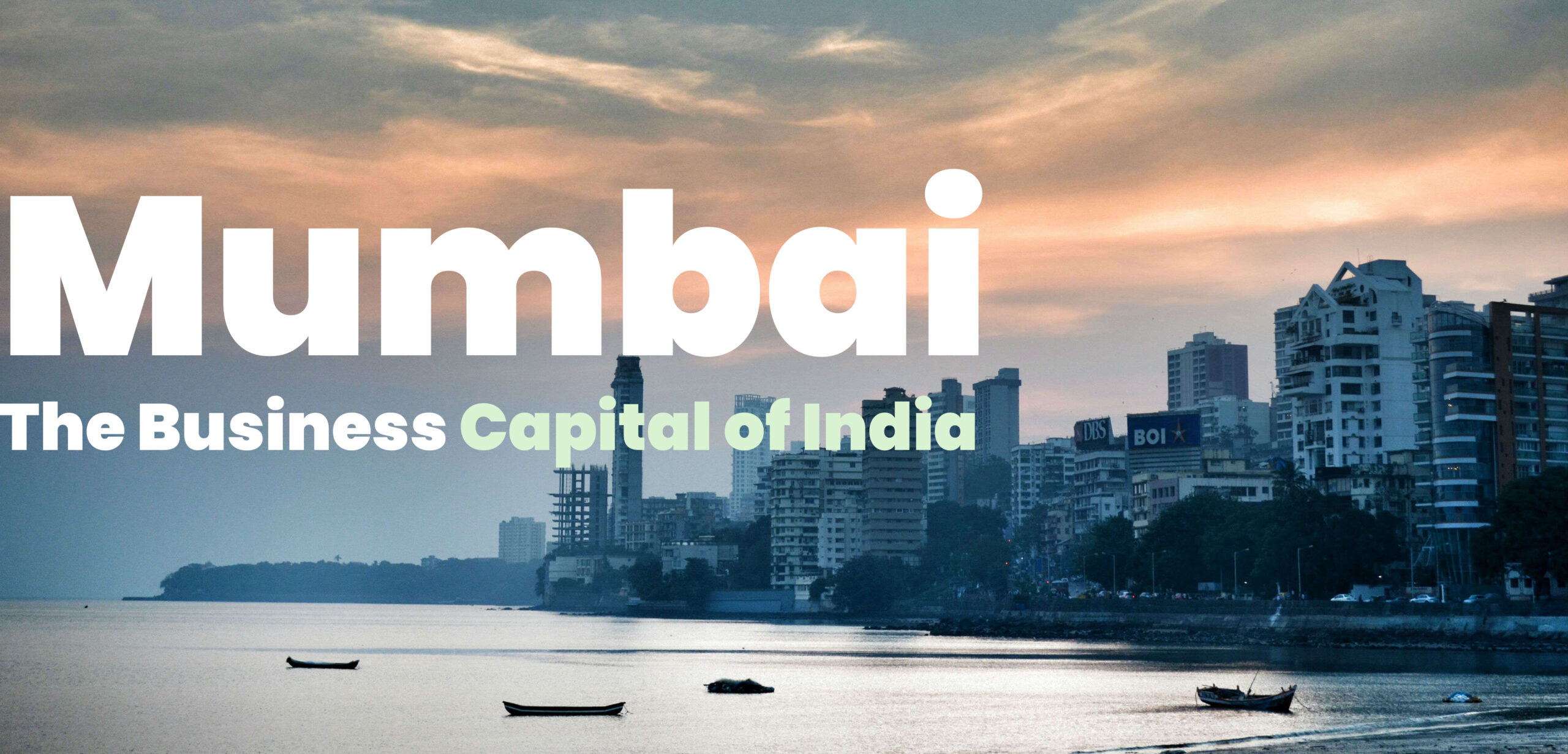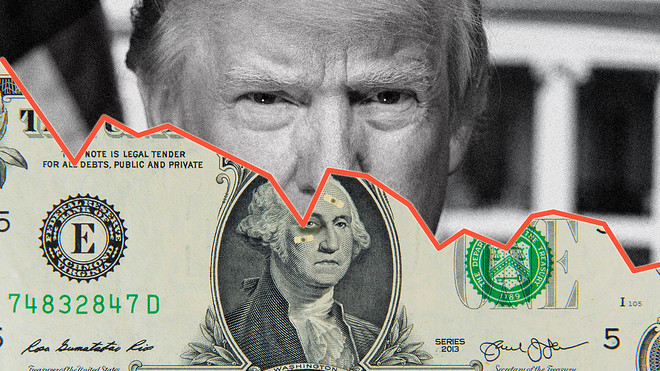Mumbai, often referred to as the “Financial Capital of India,” is the country’s business hub, driving economic growth and entrepreneurship. It is home to India’s largest stock exchanges, corporate headquarters, and financial institutions, making it the nucleus of commercial activity in the nation.
Historical Significance
Mumbai’s rise as the business capital dates back to the colonial era when it served as a key port for trade under British rule. Over time, it transformed into an economic powerhouse, attracting businesses, entrepreneurs, and global investors.
Financial Hub of India
- Stock Exchanges: Mumbai houses the Bombay Stock Exchange (BSE) and the National Stock Exchange (NSE), which are among the largest in the world.
- Reserve Bank of India (RBI): The country’s central bank, RBI, operates from Mumbai, regulating the banking system and monetary policy.
- Corporate Headquarters: Many multinational companies, Indian conglomerates like Tata Group, Reliance Industries, and Aditya Birla Group, have their headquarters in Mumbai.
- Banking & Financial Services: Leading banks, insurance firms, and financial institutions such as HDFC, ICICI, SBI, and LIC have a strong presence in Mumbai.
Industries Driving Mumbai’s Economy
Mumbai’s economy is diverse, spanning multiple industries:
- Bollywood & Entertainment: Mumbai is the heart of India’s film and television industry, generating significant revenue.
- Manufacturing & Trade: The city has thriving textile, diamond, and engineering industries.
- Real Estate & Infrastructure: Mumbai’s skyline reflects its booming real estate market, with constant infrastructure developments.
- IT & Startups: The city is emerging as a tech and startup hub, fostering innovation and entrepreneurship.
Why Mumbai is the Business Capital?
- Strategic Location: Mumbai’s coastal location facilitates international trade and commerce.
- Connectivity: Well-developed road, rail, and air networks connect Mumbai to major global and domestic markets.
- Skilled Workforce: The city attracts professionals, business leaders, and entrepreneurs from across India and the world.
- Business-Friendly Environment: Mumbai offers numerous business opportunities, financial incentives, and investment prospects.
Challenges and Future Prospects
Despite its advantages, Mumbai faces challenges such as congestion, high living costs, and infrastructure strain. However, government initiatives like the Mumbai Metro expansion, smart city projects, and business-friendly policies aim to sustain its economic dominance.
Conclusion
Mumbai remains the epicenter of India’s financial and business landscape. Its dynamic economy, vast opportunities, and resilient workforce make it the preferred destination for businesses and investors. As India’s economic growth continues, Mumbai’s role as the business capital is poised to strengthen even further.



